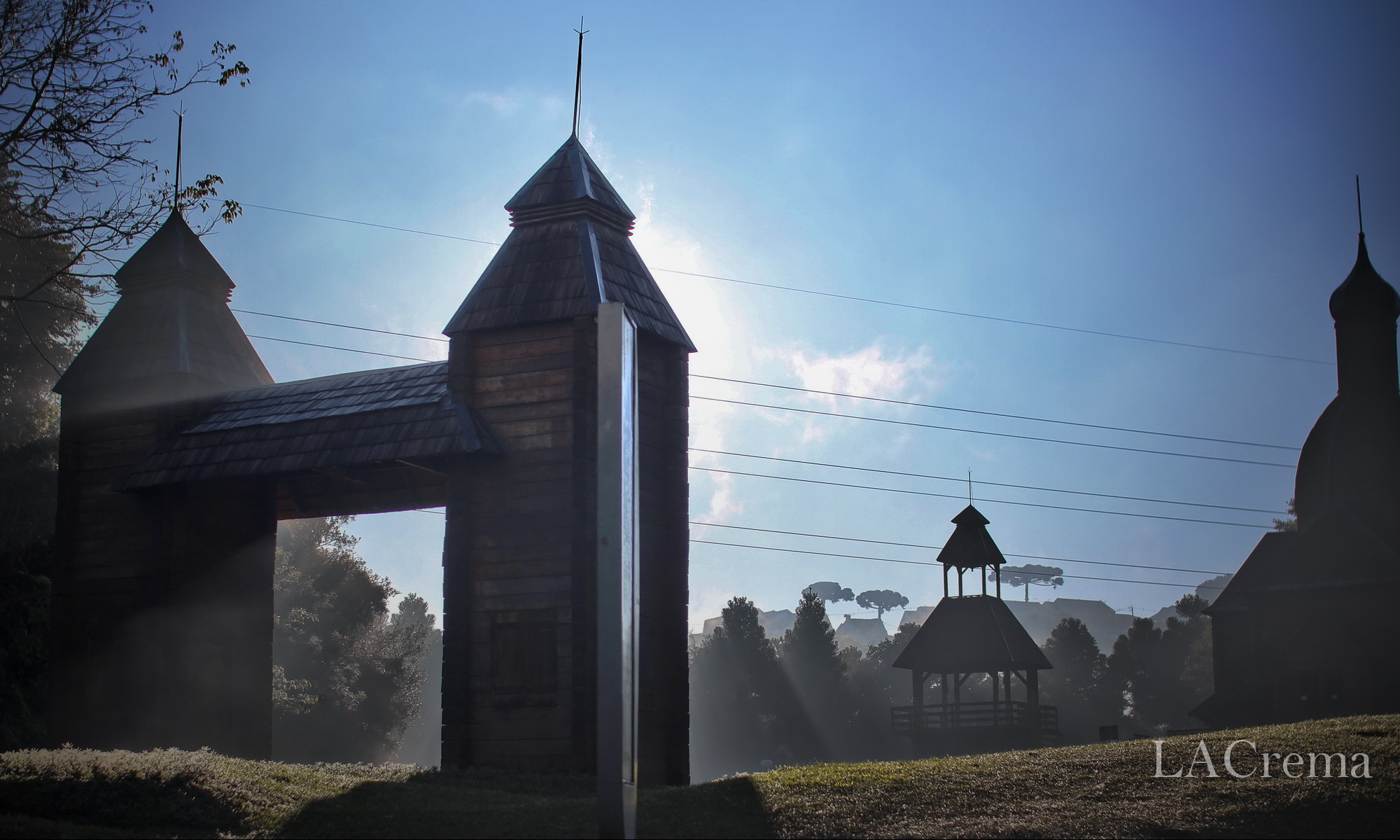How my daughter came to the conclusion she didn’t want to play a game?
For some weeks, my 11 years old daughter, fan of Harry Potter, asked me to let her install Wizards Unite, the “game that all her friends play”.
She was asking me that because I put parental control on her phone, and I use that to be able to negotiate with her what she can, or cannot do with it.
It was the end of winter vacations, and she came with a strategy to convince me to install the game. She would have it installed for one day, just to understand how the game is, and probably share the experience with her friends.
I approved her strategy, and added some conditions to, perhaps, let her keep the game installed after that.
The first condition was her to produce a report explaining her experience, in a very specific format: two letter sized pages, typed on the computer, font size 12, single space and straight margins.
The second condition was me to read it and be able to understand the game and evaluate if she could keep the game installed.
The third condition was that she should deliver me this report the next day, until noon.
She started to study about writing and text production, she is reading books and articles about that. My intention with the challenge I proposed was to help her train those skills based on something she legitimately desired.
As we came to an agreement, I let her install and play the game. Of course, the game is very well produced, and designed to have all her attention, starting with simple, yet challenging missions. In less than 30 minutes she was already asking to go to the park nearby, to hunt monsters and earn extra points.
I went there with her right after, and actually helped her playing, asking how to control, and helping her to perform some enchantments and potions. After we came back home, I realized she was still with her phone, but not playing the game anymore, she was talking to her friend while watching a video.
At this moment I started asking her about her report, as in the beginning she was with a notebook taking notes about the game.
Without further ado, she has gone to her computer and started typing her impressions. The first paragraph was enough, because her friend was back from her vacations trip and invited her to play. She got very happy with that, as she didn’t see her friend for 3 weeks now. In the end of that night, I turned off her computer with that first paragraph still there.
After that, watching TV, I asked her again about the report, and the answer surprised me. In her words, she explained that the game was good, and she enjoyed playing it, but she knew that my wife and I would not let her play all the time, and also we wouldn’t let her go out to play it in the streets alone – and yes, she was right about it – therefore all the effort of making a two pager would not worth it. It was too much for such a small reward.
I still don’t have a specific outcome for what happened. She never asked to install it again. I understand that her conclusion, and the maturity it took to make it, made me very proud of her, but I confess I was waiting for a different end to this story.
I hoped that the game would be good enough to keep her motivated and accomplish her task, even with the fact that her friend calling her to play in the mean time and the restrictions we could make after that, but it was not.
Her goal was to finish the report at noon about her experience. Right now, 11:58AM, I have just finished this “report”.
P.S.: I wrote this on Jan 4th, and after more than 2 months, she never mentioned about the game again, what confirms my conclusion at that time.
